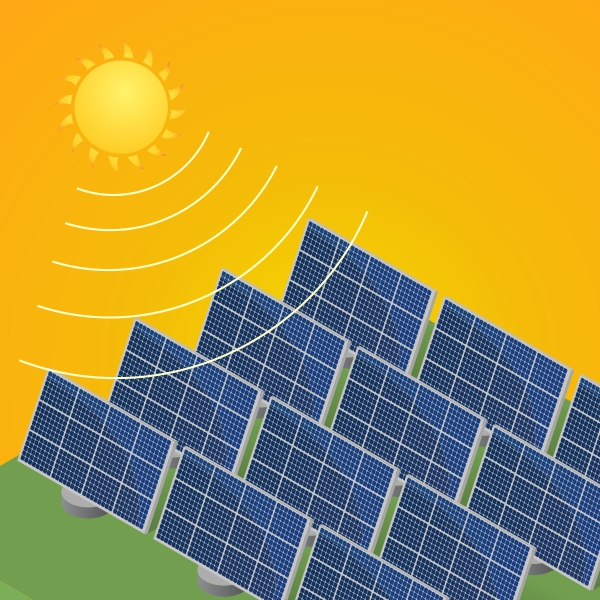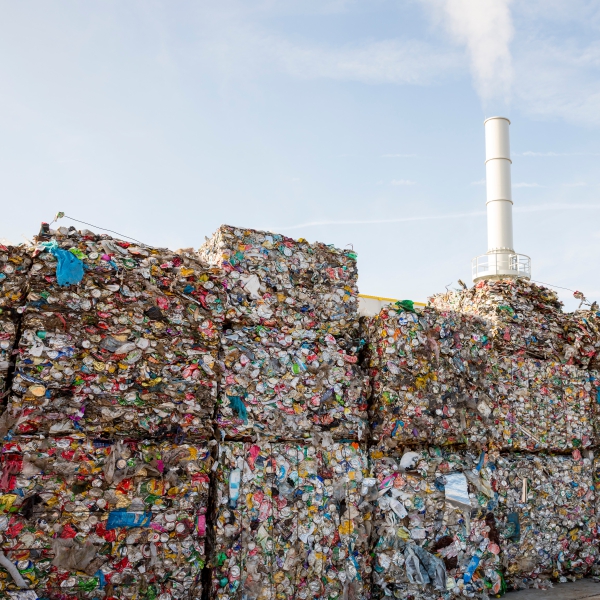"Paris or no Paris, it is our conviction that we have no right to snatch from our future generations, their right to have a clean and beautiful earth. It is part of our thinking and for that reason we do not believe in exploitation of the nature. We people do not have the right to take more than necessary from nature."
A couple of decades back, our school shoes would have lived nine lives as they were passed on to younger generations through reuse, repair and repurposing as a common practice. In fact, in India, valorization of post-use materials through recycling was a norm as well.
A couple of decades back, our school shoes would have lived nine lives as they were passed on to younger generations through reuse, repair and repurposing as a common practice. In fact, in India, valorization of post-use materials through recycling was a norm as well.
And with an average growth rate of 7.4% in the last decade, this trend has all the right ingredients to become a nationwide phenomenon. The damage of such practice to the natural and environmental resources is alarming when we are talking about an economy that will be the fourth largest in the next 20 years and probably the most populated country in the world in the near future.
Today, when the world's most developed countries are consciously making an effort to change from linear to circular economies, India is poised at the threshold of selecting and embarking on a growth path that is restorative and regenerative by design.
The advantages are self-evident.
It is estimated that a circular economy path adopted by India could bring in annual benefits of 40 lakh crores or approximately US$ 624 billion in 2050. The greenhouse emission would reduce by 44% along with significant reduction in congestion and pollution. Thus contributing to health and economic benefits to the society.1
The government of India is actively formulating policies and promoting projects that are leveraging advanced IT and OT solutions to drive the country towards a circular economy system. Two such critical areas are electricity from recyclable resources and waste management.
India's exceptional economic and industrial growth along with burgeoning population has exponentially increased the nation's hunger for power.
To meet this surging demand for power through conventional non-recyclable resources is unviable, unsustainable and disastrous for the environment. Therefore, the government is aggressively pursuing power generation through the abundant solar power in the country and from the huge stash of solid waste that is daily generated in the urban areas.
Hitachi India, the Indian arm of the global technological leader, Hitachi, is fully supporting the government of India by providing the critical state-of-the-art technology to harness solar power and waste to energy technology plants that in future will reduce the dependency on fossil fuel power generation, helping to build a healthier and low carbon footprint circular economy.

Hitachi's highly advanced Solar Inverters with high conversion ratio are providing the necessary technology to NTPC, India's largest energy conglomerate, to convert photovoltaic DC power to AC power- in the form that is distributed by the national grid and used at the point of consumption.
With nearly 300 sunny days in India, Solar Power is surely a priority and Hitachi India is an integral part of that story by helping the nation achieve 100 GW target by 2022.
Similarly, another big component of a circular economy system is waste management. Through the government's 'Swachha Bharat' initiative, individuals, residential societies and commercial as well as educational institutions are now segregating waste into green and dry waste. The green waste is converted into compost that enriches the soil and the dry or solid waste has the potential to reuse and recycle.

It is estimated that India produces some 1.40 lakh tonnes of municipal solid waste a day, which has the potential of generating over 46 million units, equivalent to an installed capacity of 200 MW.2
Realizing the potential of waste to energy model, Hitachi's Collaborative Co-creation with Hyderabad based Hyquip to provide comprehensive technology solutions for solid waste-based energy plants in India and Sri Lanka.
Hitachi Zosen is a leading provider of waste to energy technology and has been successfully integrating innovative technologies for the last 80 years to provide customized solutions for efficient energy and waste management.
Though the circular economy in India is at a nascent stage yet, the intention is loud and clear and Hitachi is a leading partner in India's transformational journey for long-term prosperity and healthier society through following the principle of maximum output from minimum input. This is creating Social Innovation in the way we reuse and recycle our resources for a new path to prosperity.
Source:
1 - Circular economy in India: Rethinking growth for long-term prosperity- Ellen Macarthur
Foundation
2 - http://www.thehindubusinessline.com/companies/wastetoenergy-tech-provider-hitachi-zosenenters-
india/article2365942.ece

